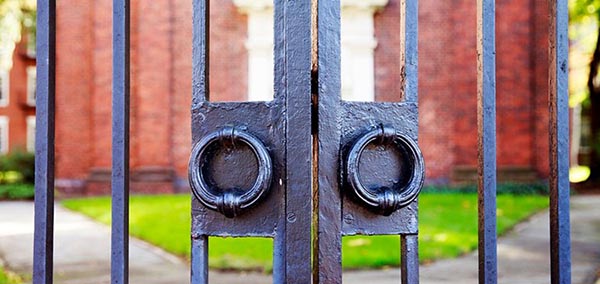
From Higher Ed Dive
By Jeremy Bauer-Wolf
Oct. 26, 2021
Dive Brief:
A network of 66 top U.S. research universities has agreed to a new set of principles on sexual harassment that aims to bolster transparency during hiring processes and eradicate misconduct.
The Association of American Universities’ principles are nonbinding. But they dictate that institutions should inform employers if there are substantiated allegations of sexual violence against an individual.
AAU colleges should also either request or require that applicants share this information during their hiring, according to the guidelines. And they should ensure investigations into sexual misconduct are completed, even if an accused employee leaves a university.
Dive Insight:
AAU characterized the guidance, which its sexual harassment advisory board developed, as “groundbreaking.” The heads of the AAU universities adopted it this week.
University of Southern California President Carol Folt, who co-chaired the advisory board, said in a statement that this “unprecedented effort demonstrates the tremendous capacity for doing good that exists within AAU when member institutions work to address a systemic challenge.”
Most of the principles, however, speak to goals colleges should have in place, including creating a culture inhospitable to sexual violence and educating the campus about misconduct and how to report it.
In a statement, AAU President Barbara Snyder said the guidelines aim to curtail abusers from being passed from one institution to another. They also direct institutions to remove barriers to reporting sexual harassment and offer resources for groups who most often are the targets of violence.
The principles come as higher education and the country at large experience a reckoning over sexual abuse. Faculty members at a number of different universities have faced accusations. Critics have applied the phrase “pass the harasser” to practices that allow faculty members to move between institutions after committing misconduct or facing allegations.
Several colleges in recent years have also been the subject of scandals over how they bungled responding to reports of sexual violence. They include high-profile allegations against high-ranking athletic employees at institutions like Michigan State and Louisiana State universities, and AAU member Pennsylvania State University, where a former football coach, Jerry Sandusky, was convicted of abusing young boys for more than a decade.
The way colleges adjudicate reports of sexual violence has seen renewed regulatory attention, beginning with the Obama administration setting up new guidance on Title IX, the federal sex discrimination law, in 2011.
Former Education Secretary Betsy DeVos subsequently revoked these policies and issued a rule that sexual assault survivor activists said limited the scope of cases colleges needed to investigate. The Biden administration is planning to rescind that regulation and replace it with its own.
Photo: EvgeniiAnd/Getty Images Plus via Getty Images
Read this and other stories at Higher Ed Dive

